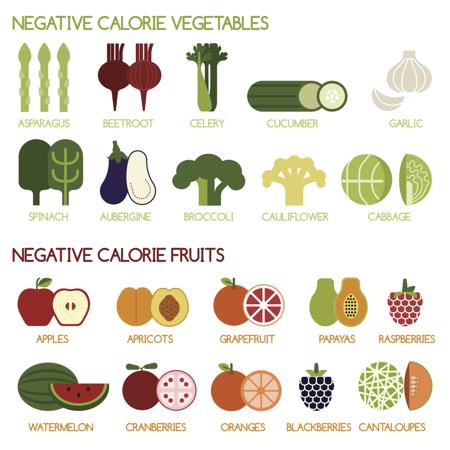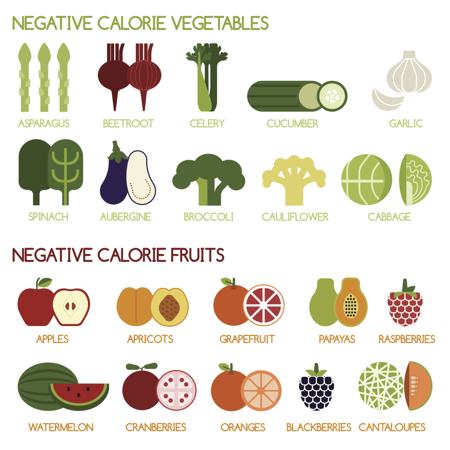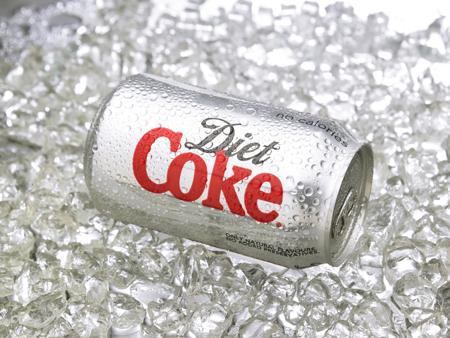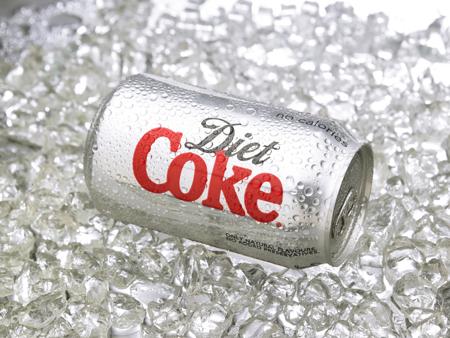Low-Fat Diet: Why Fat-Free Trouble-Free
1. Nutrient Deficiencies: Fats are essential macronutrients that provide energy, absorb fat-soluble vitamins (A, D, E, and K) and facilitate various bodily functions. A strict low-fat diet may lead to deficiencies in these vitamins, affecting bone health, immune function, and overall metabolism.
2. Increased Consumption of Processed Foods: Many low-fat products are heavily processed and often contain added sugars, refined carbohydrates, and unhealthy fats to enhance taste and texture. Relying heavily on processed low-fat foods may contribute to weight gain, nutrient deficiencies, and other health issues.
3. Reduced Satiety: Fats are satiating and can help curb hunger. A diet too low in healthy fats may leave you feeling hungry and unsatisfied, leading to increased calorie intake and potential weight gain.
4. Hormonal Imbalances: Certain fats are precursors for hormone synthesis. Severely restricting fat intake, especially in the case of essential fatty acids, can disrupt hormone production, affecting reproductive health, mood, and overall well-being.
5. Negative Impact on Brain Health: Healthy fats are vital for brain development and function. A severe restriction of dietary fat can negatively impact cognitive performance and brain health in both children and adults.
6. Increased Risk of Certain Health Conditions: Some studies have suggested that a diet very low in fat may be associated with an increased risk of certain health conditions, such as cardiovascular disease and type 2 diabetes. However, more research is needed to fully understand these potential risks.
It's crucial to approach a low-fat diet with caution and ensure it's well-balanced and incorporates healthy sources of fats. Consulting a registered dietitian can help you design a low-fat diet that meets your nutritional needs and health goals without compromising overall well-being.
-
Low Calorie Breakfast Foods
Were all aware that breakfast is the most important meal of the day. H
-
Best Negative Calorie Foods
Negative calorie foods are the foods that require more energy or calor
-
Zero Calorie Foods List
When a person decides to go on a weight loss diet, the available diets
-
Negative Calorie Food List
There are certain foods that provide fewer calories, but need more ene
-
Unbelievable But True! These Foods Actually Make You Hungrier
Did You Know?Chinese food is high in MSG (Mono sodium Glutamate) which
-
Low Calorie Recipes
Apart from strict exercise regimes, you have another easy and tempting



